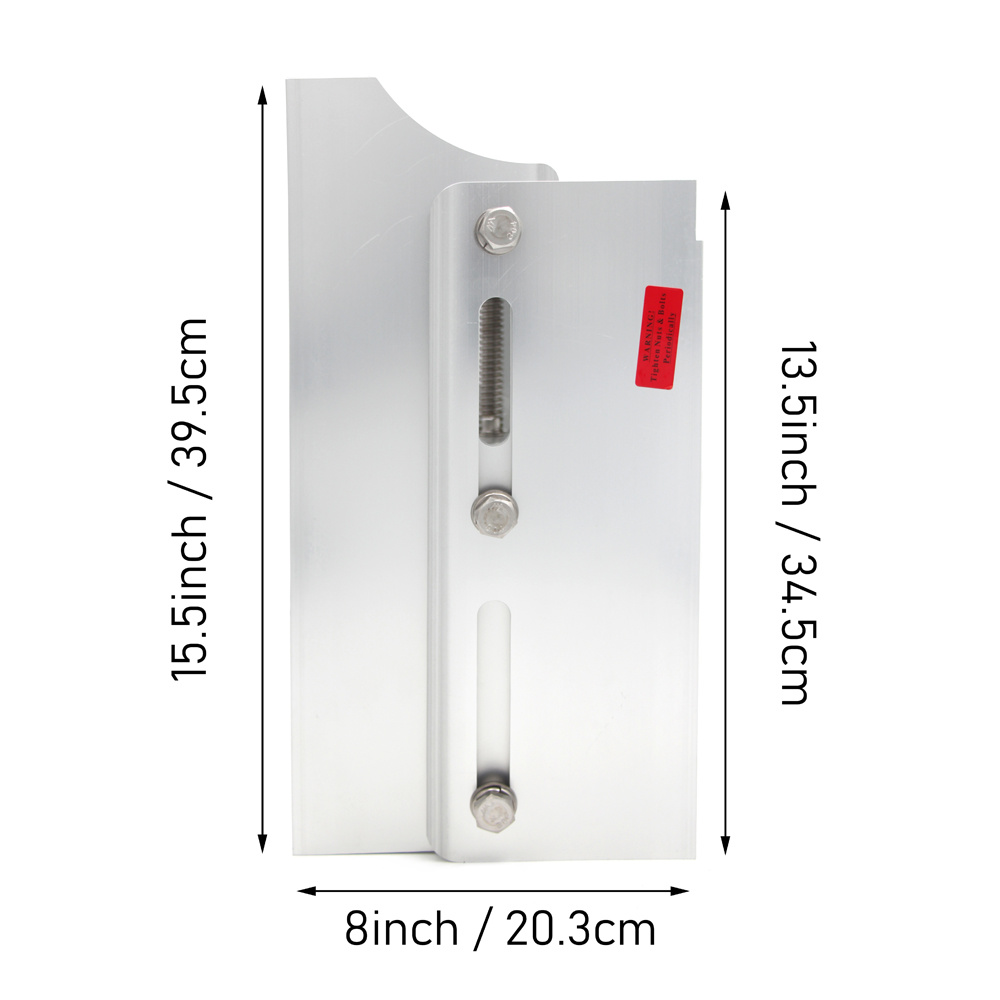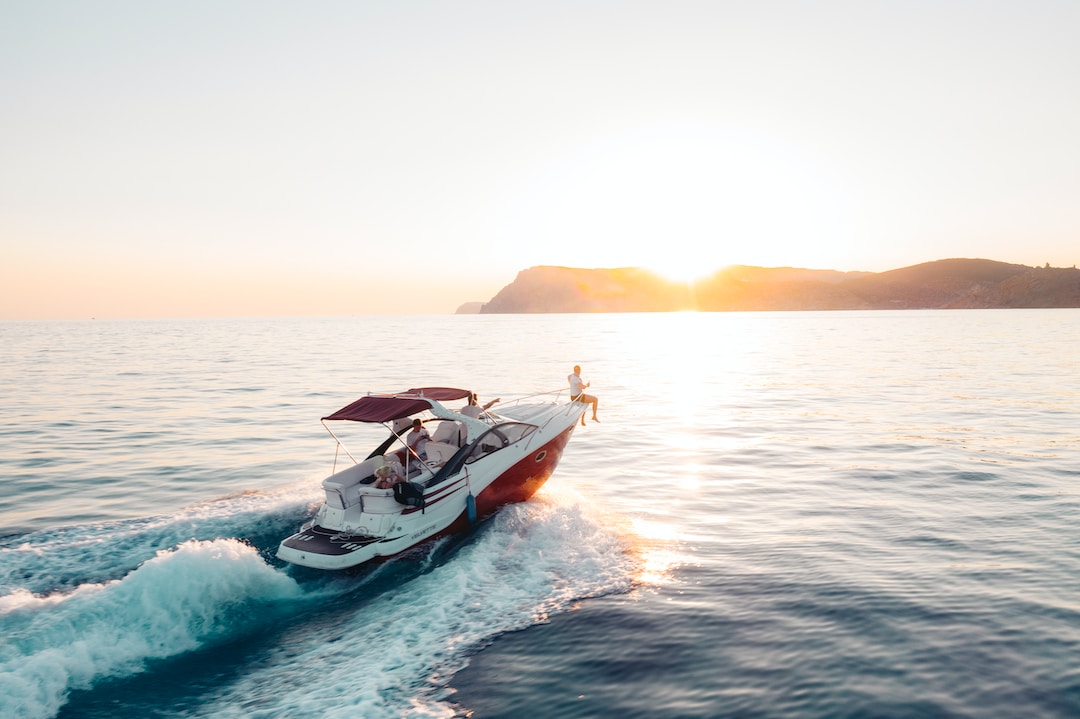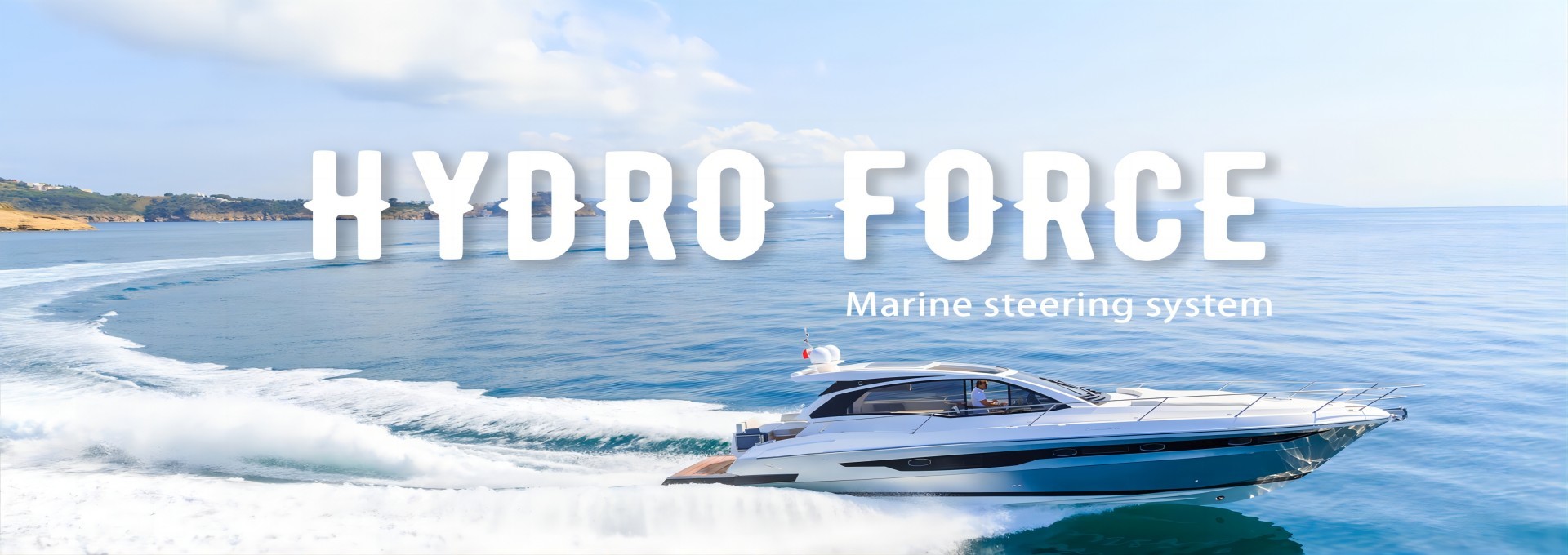Understanding the Marine Stern Drive Mechanical Steering System: A Comprehensive Guide
2025-07-07
The Marine Stern Drive Mechanical Steering System plays a crucial role in the navigation and control of boats and watercraft. This system integrates both the propulsion and steering mechanisms, allowing for a more streamlined and efficient design. Unlike traditional outboard motors or inboard engines, a stern drive combines the best features of both systems, giving vessel operators a unique blend
The Marine Stern Drive Mechanical Steering System plays a crucial role in the navigation and control of boats and watercraft. This system integrates both the propulsion and steering mechanisms, allowing for a more streamlined and efficient design. Unlike traditional outboard motors or inboard engines, a stern drive combines the best features of both systems, giving vessel operators a unique blend of power and maneuverability.
At its core, the mechanical steering system functions through a series of cables and linkages that connect the helm (or steering wheel) to the drive unit located at the stern of the boat. When the captain turns the steering wheel, it activates these cables, which then pivot the drive unit, altering the direction of the vessel. This direct mechanical link provides immediate feedback to the operator, making it easier to control the boat's movement in various conditions.
One of the significant advantages of the Marine Stern Drive Mechanical Steering System is its adaptability. This system can be found on a wide range of boats, from smaller recreational crafts to larger vessels used for commercial purposes. The design allows for precise handling, which is particularly beneficial in tight maneuvering situations, such as docking or navigating through narrow channels.
Moreover, the stern drive system typically allows for a shallower draft compared to traditional inboard setups, which means that vessels can operate in shallower waters. This feature can be advantageous for recreational boaters who enjoy exploring coves and other shallow areas. Additionally, the streamlined design of the drive unit contributes to improved fuel efficiency, making it a practical choice for long-distance travel.
Maintenance of the Marine Stern Drive Mechanical Steering System is crucial for ensuring its longevity and performance. Regular inspections of the cables and linkages are essential to identify wear or damage early on. Maintaining proper lubrication and ensuring that the system is free from debris will also enhance its operational efficiency.
In summary, the Marine Stern Drive Mechanical Steering System is an innovative solution that combines steering and propulsion to improve the functionality and control of watercraft. With its direct mechanical connection, adaptability for various vessel types, and benefits in terms of maneuverability and efficiency, this steering system remains a popular choice among mariners. Understanding how this system works and its advantages can greatly enhance the boating experience, providing operators with the confidence to navigate both calm and challenging waters.
At its core, the mechanical steering system functions through a series of cables and linkages that connect the helm (or steering wheel) to the drive unit located at the stern of the boat. When the captain turns the steering wheel, it activates these cables, which then pivot the drive unit, altering the direction of the vessel. This direct mechanical link provides immediate feedback to the operator, making it easier to control the boat's movement in various conditions.
One of the significant advantages of the Marine Stern Drive Mechanical Steering System is its adaptability. This system can be found on a wide range of boats, from smaller recreational crafts to larger vessels used for commercial purposes. The design allows for precise handling, which is particularly beneficial in tight maneuvering situations, such as docking or navigating through narrow channels.
Moreover, the stern drive system typically allows for a shallower draft compared to traditional inboard setups, which means that vessels can operate in shallower waters. This feature can be advantageous for recreational boaters who enjoy exploring coves and other shallow areas. Additionally, the streamlined design of the drive unit contributes to improved fuel efficiency, making it a practical choice for long-distance travel.
Maintenance of the Marine Stern Drive Mechanical Steering System is crucial for ensuring its longevity and performance. Regular inspections of the cables and linkages are essential to identify wear or damage early on. Maintaining proper lubrication and ensuring that the system is free from debris will also enhance its operational efficiency.
In summary, the Marine Stern Drive Mechanical Steering System is an innovative solution that combines steering and propulsion to improve the functionality and control of watercraft. With its direct mechanical connection, adaptability for various vessel types, and benefits in terms of maneuverability and efficiency, this steering system remains a popular choice among mariners. Understanding how this system works and its advantages can greatly enhance the boating experience, providing operators with the confidence to navigate both calm and challenging waters.
Marine Stern Drive Mechanical Steering System
RELEVANT INFORMATION
How a Hydraulic Jack Plate Enhances Your Boat's Stability for Superior Performance
How a Hydraulic Jack Plate Enhances Your Boat's Stability for Superior Performance
Introduction to Hydraulic Jack Plates
In the world of boating, stability is crucial. **Hydraulic jack plates** have emerged as a game-changer, enhancing the performance and handling of boats. These devices allow for precise adjustment of the motor's height, providing a range of benefits that contribute to a more sta
2025-11-29
Understanding the Importance of an 8" Setback Hydraulic Jack Plate for Marine Applications
When it comes to optimizing the performance of your boat, one crucial component often overlooked is the hydraulic jack plate, particularly one with an 8" setback. This device serves as a vital link between your boat's transom and the outboard motor, offering several advantages that can significantly enhance your overall boating experience.
A hydraulic jack plate allows you to adjust the height of
2025-11-23
Exploring the Best Uses for a 6" Setback Hydraulic Jack Plate: Elevate Your Boating Experience
Exploring the Best Uses for a 6" Setback Hydraulic Jack Plate
Table of Contents
1. Introduction to Hydraulic Jack Plates
2. What is a Hydraulic Jack Plate?
3. Advantages of a 6" Setback Hydraulic Jack Plate
4. Enhancing Boat Performance with a Jack Plate
5. Installation Guide for a 6" Setback Hydraulic Jack Plate
6. Best Applications for a 6" Setback Hydraulic Jack Plate
2025-11-17





